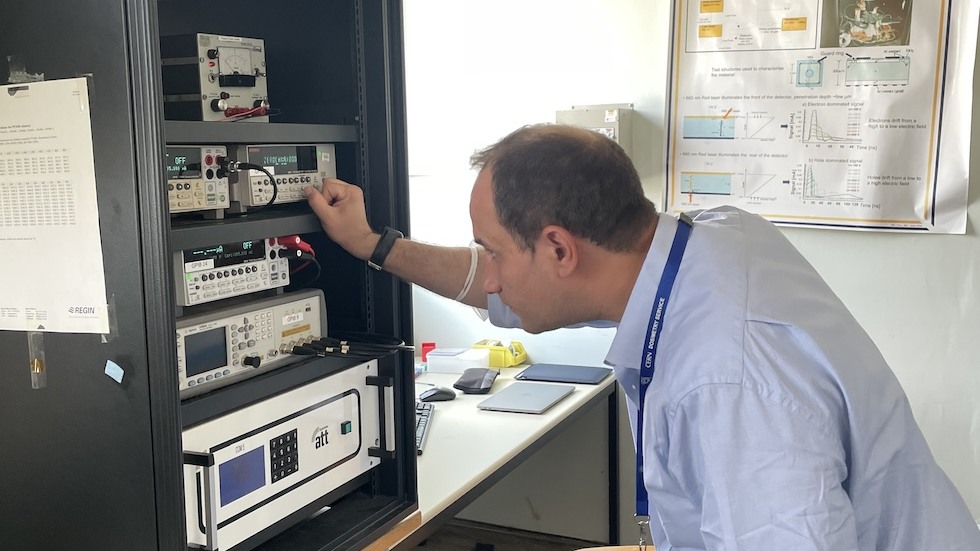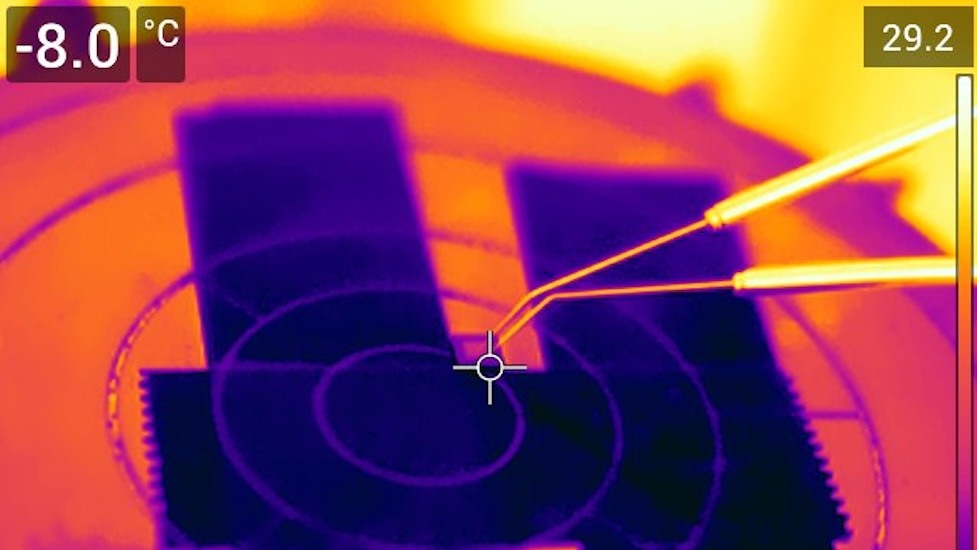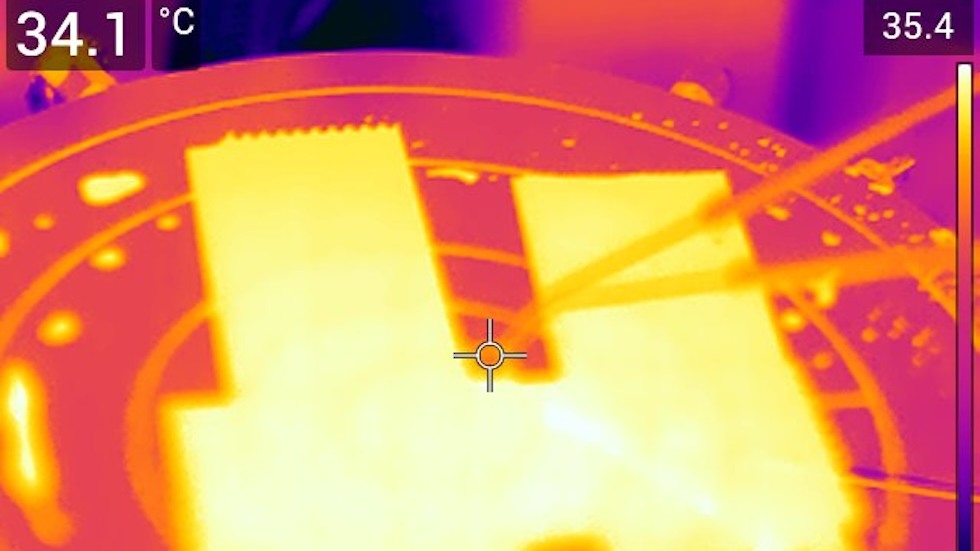Research Seed Funding awards are competitively awarded and help faculty more successfully advance competitive research proposals by supporting the generation of preliminary data, pursuing new directions or collaborations in research, and other endeavors. Investigators may propose projects in one of two categories. Category 1 - single PI projects of any type with budgets up to $50,000 for one year; Category 2 - multi-PI projects supporting a new collaboration between two or more disciplines with budgets up to $100,000 for one year.
Silicon detector devices with an internal gain layer have shown O(20−50) pico-second timing resolution and the potential for micrometer level of precision for spatial resolution. However, their excellent performance makes them ideal candidates for applications outside the collider-HEP world. On the other hand, their low power consumption and tolerance to high radiation levels doses unlock their application to space-based operations.
Current technologies used in the field come at the cost of increased power consumption, a higher material budget, and an increased payload. However, bottlenecks need to be addressed before space application can be achieved. This project intends to study systematically how the fundamental properties of gain-moderated silicon detectors are affected by the environmental conditions in which they are operated outside their typical boundaries.
The main output will be an ML-assisted performance-to-environmental-conditions model of resistive silicon devices. The acquired knowledge will enable sensor fabrication that can be application-specific and tuned to a particular environmental operations regime. Due to reducing the amount of support material brought to space, the University will produce competitive alternatives to currently planned technologies for space-based spectroscopy, among the many other possible applications.
This research is timely, as extensive R&D on this technology is blooming, given the integration of this technology in large-scale HEP experiments, and the acquired knowledge will be fundamental with a broad impact. In the execution, this program will foster a new line of collaboration between Brown University and a National Laboratory and project Brown University to new research fields.
A further three-prong long-term partnership between Brookhaven National Laboratory, with its expertise in sensor fabrication, Brown University and its characterization expertise, and European partners will also be fostered, broadening Brown’s horizons in Europe.
- Gaetano Barone
The full list of Seed Award recipients is available on the Office of the Vice President for Research's website.
Credit, images 3 & 4: Credit G. Barone et al. "Environmental conditions stress tests on Low Gain Avalahance Diodes,” The 13th International Conference on Position Sensitive Detectors Oxford Sep.


